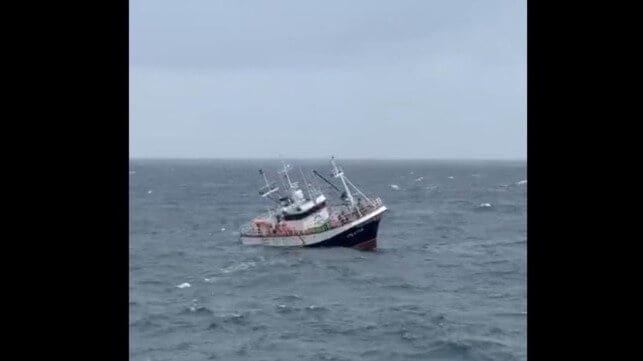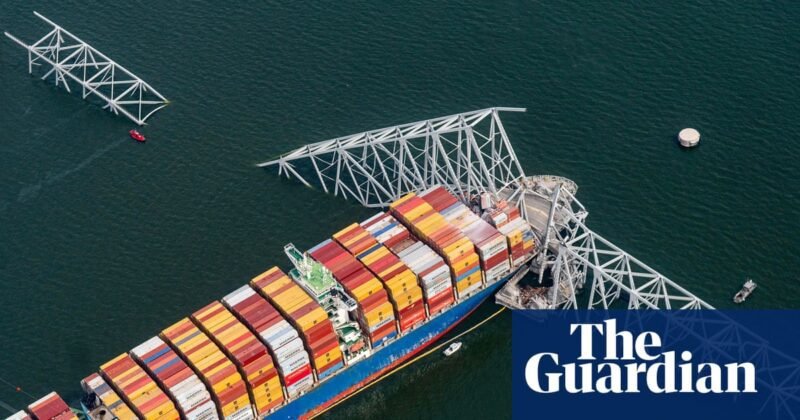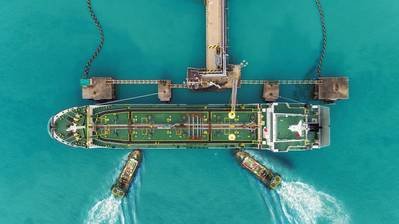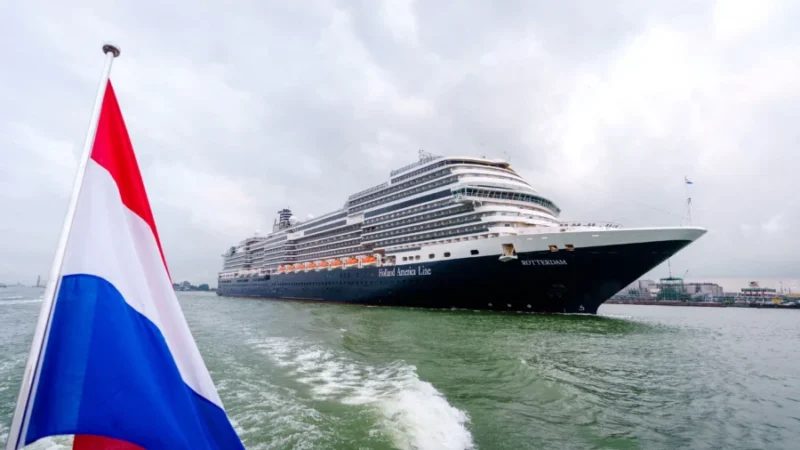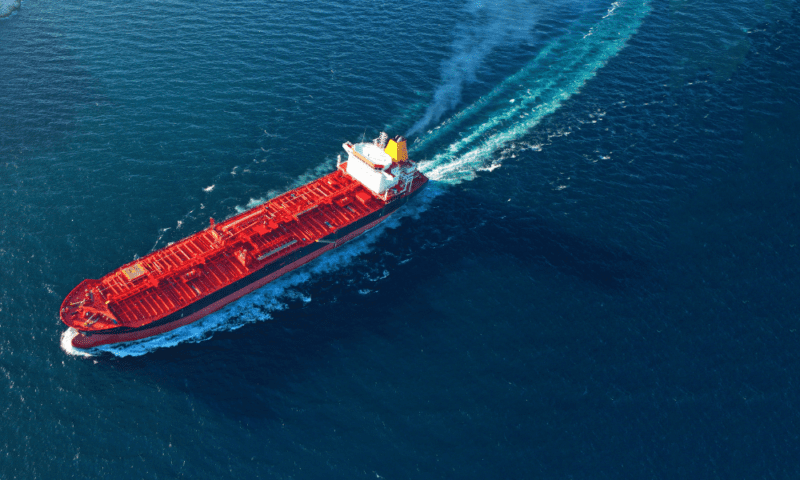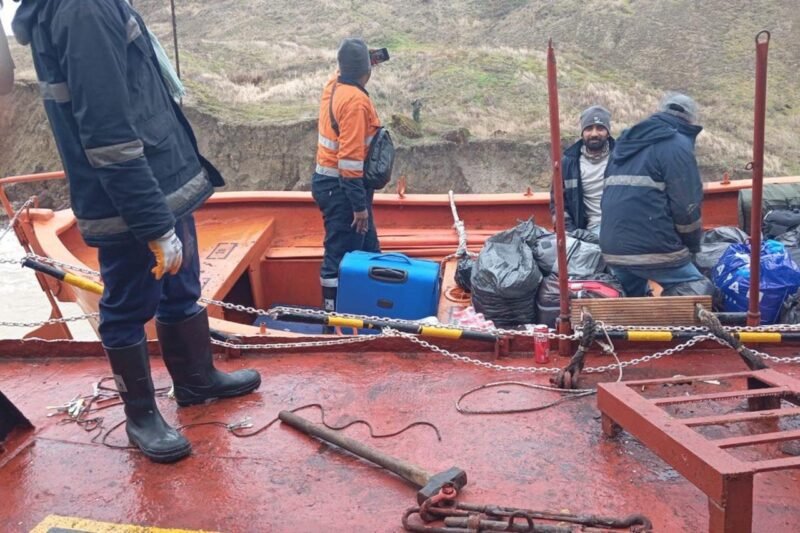Yogesh Pasrija, Acting Global Head of Crewing at Wallem Group, suggests that maritime employers should focus on advanced recruitment and training strategies to address the worsening shortage of seafarers, instead of just making pledges on environmental, social, and governance (ESG) issues. Data from Drewry’s Manning Annual Review and Forecast 2023/24 shows a nine percent supply shortfall of ships officers, the highest since 2006, due to factors such as COVID-19 and the war in Ukraine.
Pasrija emphasizes the importance of decent seafarer pay and working conditions, as well as investing in talent pipeline, seafarer wellbeing, competence, and career development. He also highlights the need to understand the values and preferences of the younger generation of seafarers, known as ‘Generation Z’, who seek purpose-driven employment and value work-life balance, growth opportunities, and diversity.
Wallem Group has developed a mature approach to training, investing in local centers, collaborating with technology providers, and offering simulation-based and on-the-job support. The company also prioritizes ESG standards, flexible work hours, anti-discrimination policies, and employee engagement. Wallem believes that AI and machine learning (ML) can enhance safety management, improve crew health and welfare, and identify and build maritime talent, and can be used to personalize onboarding processes and analyze datasets to predict skill gaps in the maritime workforce.
Despite the shipping industry’s focus on autonomous ships and computer-based training, Pasrija sees the maritime HR professional as a key beneficiary of AI, as it can deliver agility in responding to the changing profile of the seafaring workforce and identify candidates best equipped to stay the course.
Share it now










